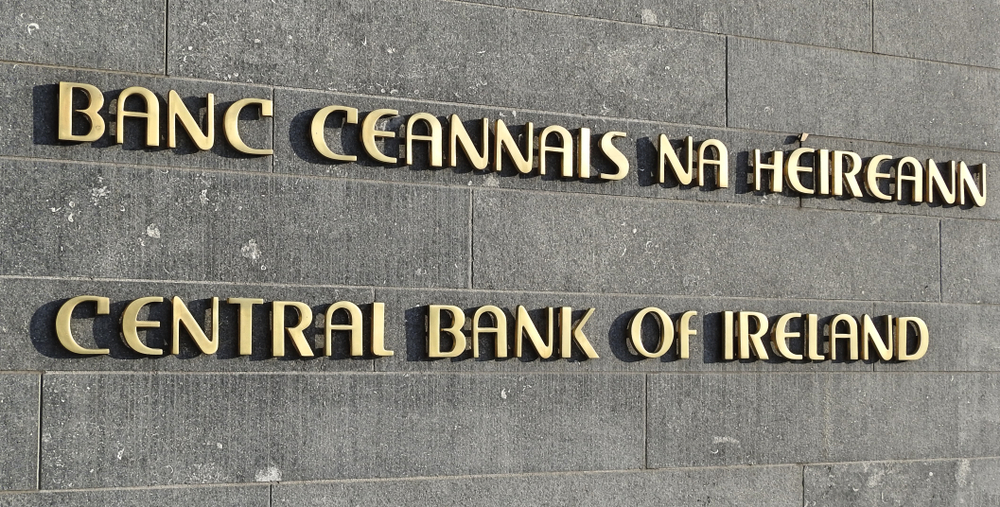The Central Bank of Ireland Consultation Paper 162 (CP162) proposes the most comprehensive modernisation of the Alternative Investment Fund (AIF) Rulebook in more than a decade.
Its purpose is to align Ireland’s Qualifying Investor AIF (QIAIF) framework with the forthcoming AIFMD II directive, support the growth of private market strategies and reinforce Ireland’s position as Europe’s preferred domicile for alternative assets.
This consultation represents far more than a technical update; it signals a strategic recalibration of Ireland’s fund structuring environment in line with global best practice. By strengthening its regulatory architecture, the CBI aims to enhance investor protection while enabling fund managers to pursue innovationacross private equity, credit, infrastructure and hybrid strategies.
Aligning with a new European era
At the core of CP162 is alignment with AIFMD II, which EU Member States must transpose into national law by April 2026. The revised directive introduces new obligations on delegation, liquidity management, loan origination and depositary oversight. CP162 mirrors this evolution, ensuring Ireland’s domestic framework
remains fully integrated with the European model.
The consultation also advances the goals of the EU Savings and Investment Union (SIU) and Ireland’s Funds Sector 2030 strategy, both designed to mobilise long-term capital across the continent. Together, these initiatives place Ireland at the forefront of the EU’s ambition to deepen capital markets, broaden investor access and support Europe’s real economy through private investment.
Building on the Central Bank’s Private Assets Q&A (2025), which clarified Ireland’s regulatory expectations for private market funds, CP162 represents the next stage in formalising that guidance within the AIF Rulebook.
Modernising the QIAIF regime
The proposed reforms to the AIF Rulebook focus on flexibility, efficiency and competitiveness. Among the most consequential are:
Removal of the Loan Origination QIAIF section, allowing Ireland to adopt the pan – European loan origination framework introduced under AIFMD II.
Introduction of a capital commitment model, permitting investors to meet the €100,000 minimum subscription requirement through staged capital drawdowns rather than a single payment.
Expanded subscription exemptions for AIFMs, advisers, directors and senior investment professionals, encouraging greater alignment of interest.
Revised rules for intermediary investment vehicles, removing prescriptive subsidiary conditions in favour of enhanced AIFM oversight and disclosure.
Enhanced share class flexibility, embedding guidance that allows for excuse/exclude provisions, stage investing, management participation and other mechanisms essential to private asset structuring.
Integration of European Long-Term Investment Funds (ELTIFs) into the AIF Rulebook, positioning Ireland as one of the most ELTIF-ready jurisdictions in Europe.
These measures are designed to ensure Ireland’s QIAIF regime remains at the cutting edge of fund design and operation, supporting a wider range of strategies and investors while maintaining the high standards of governance expected by institutional allocators.
Enabling growth across private markets
For fund managers, CP162 introduces practical and commercial benefits across asset classes.
Private equity: managers gain greater structuring agility through the removal of restrictions on guarantee provisions and the ability to exercise management control, aligning Ireland’s rules with international market practice.
Private credit: strategies stand to benefit from the adoption of the EU-wide loan origination framework, access for non – EU AIFMs and the removal of overlapping domestic requirements. The proposed reforms will allow Irish credit funds to operate with greater cross – border consistency and reduced administrative friction.
Real estate and infrastructure: updates to warehousing rules, closed-ended fund governance and redemption procedures enhance the efficiency of long-term investment structures.
Hybrid funds: increasingly central to private market innovation, these funds will enjoy the structural flexibility needed to combine debt, equity and real asset exposures within a single regulated vehicle.
Collectively, these reforms acknowledge the changing complexion of private markets: multi-asset, multi-jurisdictional and technology enabled.
Benefits for US and UK fund managers
By extending the AIF Rulebook to non-EU AIFMs, the proposals give US and UK sponsors a faster, clearer route into the EU’s private capital market. They can now structure and manage Irish QIAIFs with the same flexibility and sophistication they expect in other leading fund jurisdictions – only this time within a regulated, investor-trusted framework.
The reforms also enhance structural freedom. Managers gain greater control over share class design, capital commitment models and investor alignment mechanisms – changes that will make Irish funds easier to tailor to the needs of institutional LPs and multi-asset strategies.
For many sponsors, the attraction goes beyond regulation. Ireland’s common-law foundation, tax-neutral treatment and familiarity with US and UK legal norms have long made it a natural transatlantic bridge. CP162 adds another layer of advantage: reduced setup friction, faster time-to-market and seamless compatibility with
European regulatory standards.
The established Irish tax regime remains a cornerstone of its competitiveness – offering tax neutral fund structures, no withholding tax on distributions, US check-the-box compatibility, broad treaty access and Section 110 SPV integration for credit strategies. Together, these features provide sponsors with the certainty and flexibility needed to raise and deploy capital across borders with confidence.
When combined with the harmonised liquidity and reporting provisions of AIFMD II, Ireland’s refreshed framework positions it as one of the most efficient and globally recognisable domiciles for private capital funds in Europe.
Operational readiness and implementation
For fund administrators and service providers, CP162 marks the start of a substantial operational realignment. The proposed rules require enhanced governance documentation, upgraded systems for share-class and liquidity tracking and comprehensive staff training to ensure compliance once the Rulebook is finalised.
As the consultation progresses, fund managers will rely heavily on service partners capable of translating regulatory change into operational efficiency. Firms with deep cross-jurisdictional expertise and adaptable technology infrastructures will be best placed to navigate implementation and help clients capture the advantages of a more flexible regime.
Ireland’s modernised QIAIF framework, once enacted, will not just keep pace with Europe – it will set the benchmark for private markets structuring globally.
—————–
Editors note: CP162 launched on 9 September 2025 and closed on 5 November 2025.
